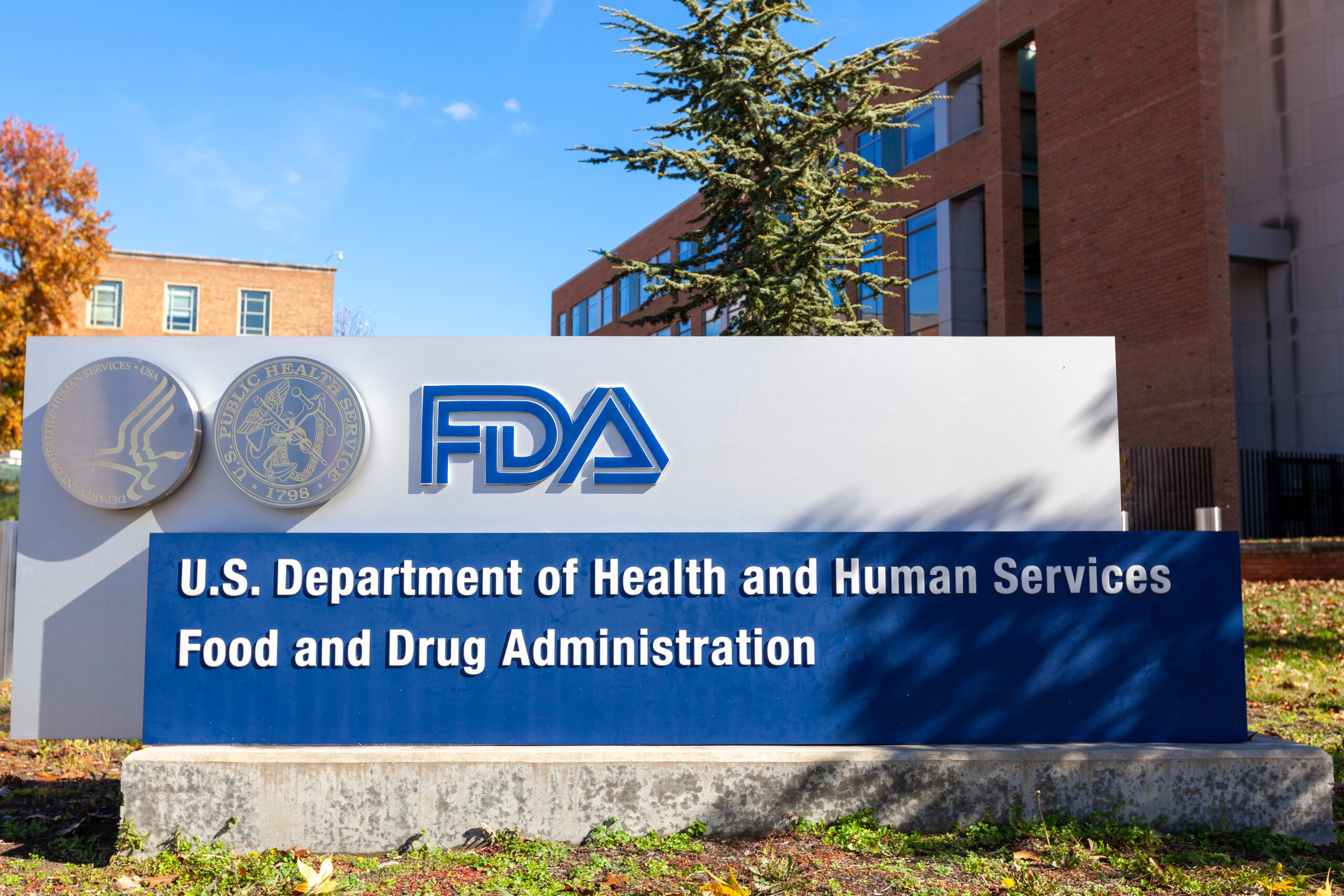Biotech company Sage Therapeutics has announced that their experimental postpartum depression drug was able to relieve symptoms in 70 percent of patients. The drug was tested in a Phase II clinical trial, which found that severe symptoms of depression could be put into remission for a month.
While the initial results look promising, the study did contain a few limitations. For one, the sample size was only 21 patients, with no follow-up after 30 days of the study.
According to Sage, the drug was well-tolerated among participants and no serious adverse events were reported. The company has not released all study data however, instead choosing to save some for a future medical conference.
Not long ago, postpartum depression was a nearly-unrecognized condition despite its prevalence in new mothers. While reliable statistics on the prevalence of postpartum depression are hard to come by, Sage estimates that 10 to 15 percent of the 4 million mothers who give birth to live babies each year, are affected by the condition in some way.
The company’s experimental treatment – named SAGE-547 – is delivered intravenously, making it ideal for patients who are hospitalized as a result of severe depressive symptoms. According to Sage, the drug is an allosteric modulator which interacts with the GABA A receptor, a key component in signals propagated by neurotransmitters.
Ten of the 21 patients enrolled in the Phase II clinical trial were given SAGE-547, while the remaining 11 participants were given a placebo. Some patients experienced improvement in their symptoms as early as 24 hours after the drug was administered.
Using the standard HAM-D depression scoring system, the researchers found that seven out of ten women on the postpartum drug saw their condition go into remission within 60 hours of receiving the treatment. This was compared to one out of the 11 patients in the placebo arm of the study, who saw improvement.
After 30 days, all seven patients on SAGE-547 were doing well, compared to two patients receiving the placebo. While the drug has so far only been tested on a relatively small number of women, the results are nevertheless very encouraging for a historically difficult-to-treat patient group.
“This is potentially one of the most important clinical findings in the pharmacologic treatment of postpartum depression to date,” said primary investigator Samantha Meltzer-Brody, an associate professor and director of the UNC Perinatal Psychiatry Program. Sage plans to further investigate the postpartum depression drug by enrolling more patients in the clinical trial to determine the optimal dose. The company also plans to develop an oral form of the medication.












Join or login to leave a comment
JOIN LOGIN